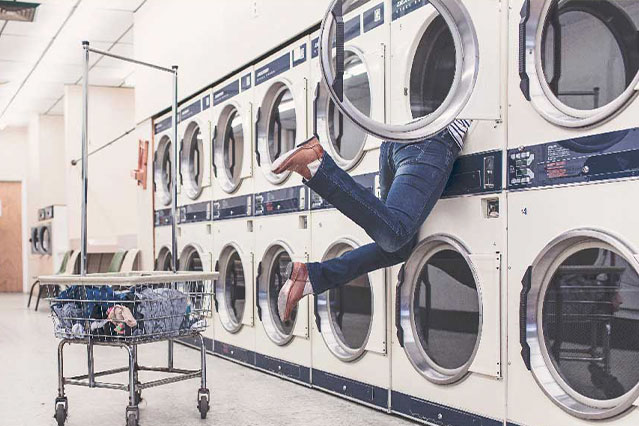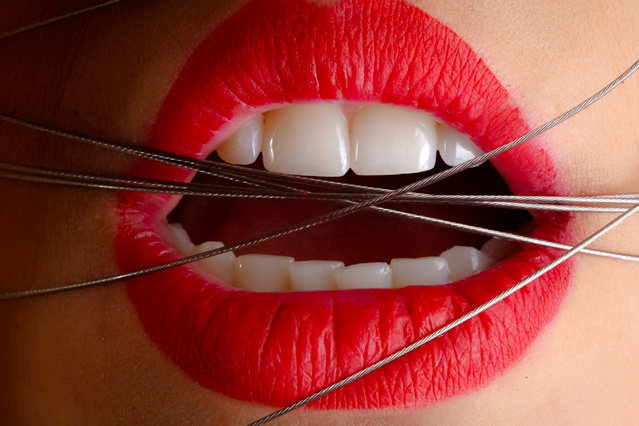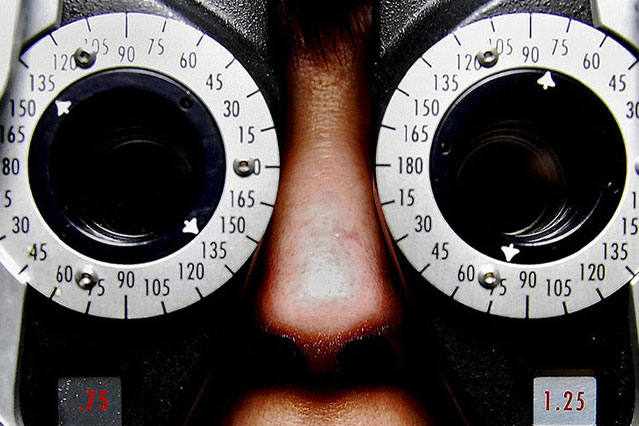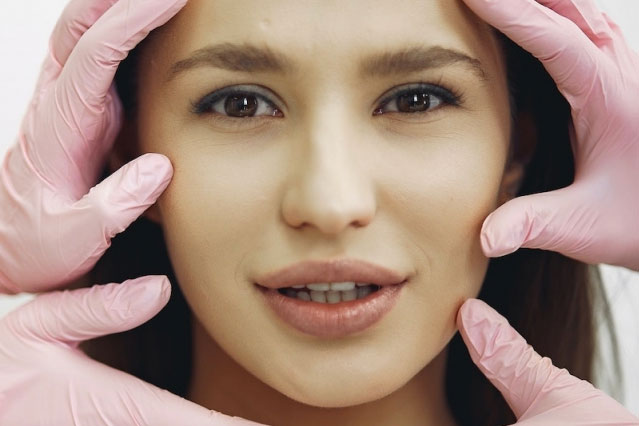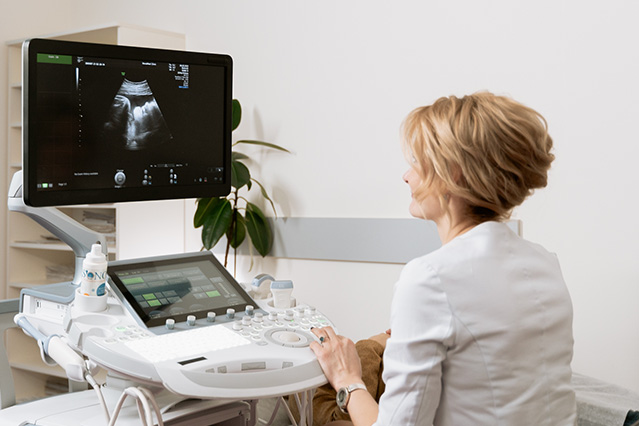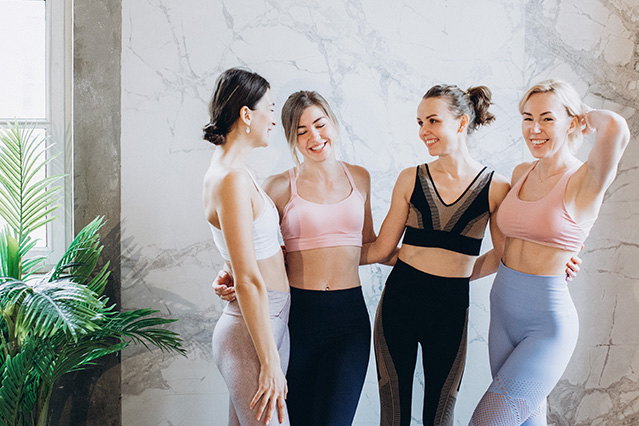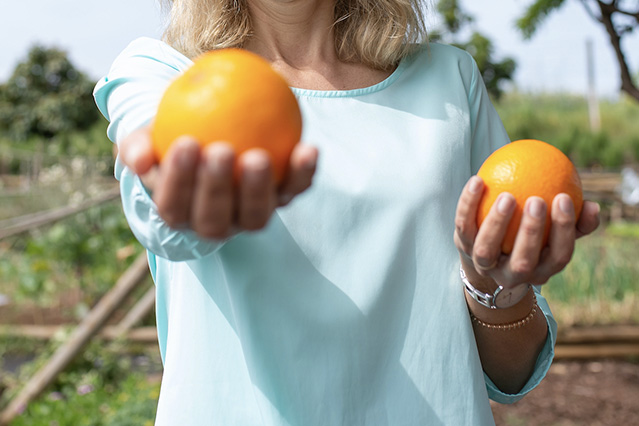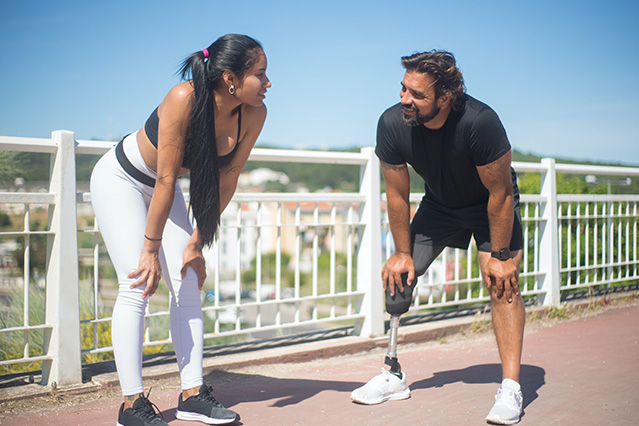Dermal Fillers Prices in Dubai
Most clinics currently use Juvederm and is the most popular brand of dermal filler treatments in Dubai. The higher priced dermal filler treatments in Dubai clinics are usually Juvederm as the brand of choice. The Juvederm line addresses areas of the face as follows: Juvederm Voluma XC for volumizing cheeks, Juvederm XC and Vollure XC to fill out the lines around the mouth and nose (smile lines), and Juvederm Ultra XC and Volbella XC for the lips. Some clinics also use Restalyne for lip fillers. However, some clinics will use lesser known brands from Europe and Korea that are equally as effective and safe as Juvederm and Restalyne just not FDA approved.
As of 15 Jun 2025, the 10 best prices and offers we have found in Dubai for Dermal Fillers are as below:
To check provider details and avail any offer, please use the list below.
What are fillers?
A filler or dermal filler is a gel-like product that is injected into the face or body to make it look younger or more defined. Initially, fillers were produced from animal collagens and the first products created were Zyderm and Zyplast. However, these products did not yield long-lasting effects and were not always well received by the human body. That ultimately changed with the introduction of Hyaluronic Acid (HA) fillers. As a substance naturally found in the human body, HA-based fillers were immediately embraced by the medical industry and provided greater efficacy and safety than previous fillers. Today, HA-based fillers are the norm for dermal fillers with the two most popular names in Dubai being: Restylane (Galderma) and Juvederm (Allergan).
Hyaluronic fillers have been around since the early 2000s and have been helping people, especially women, enhance their looks. The first FDA approved Hyaluronic Acid filler that was introduced to the market was Restylane, and soon after was Allergan’s Juvederm. There are other fillers available in the market but by and large, the FDA approved fillers have taken the lion's share of the market.
Whether it's for the face or lips, clinics in Dubai measure and price dermal fillers in 1 mL injectable doses. For someone in their twenties or thirties, 1 mL is usually enough to cover all the needed areas of the face such as cheeks and around the mouth, nose and eyes. For older patients, in their forties and above, they may need 3-4 mL of dermal filler for optimal results. For the lips, a separate 1 mL filler varies between patients since it all depends on the results requested and the recommendation of the specialist. Clinics in Dubai will usually retain any remaining unused amounts of filler for the patient for their follow up visits. Ultimately, the physician or specialist will determine the right amount of filler needed for the best results.
Why is there such a wide gap between dermal filler prices in Dubai?
Brand awareness of the clinic: treatment from a more reputable hospital will be costlier than a clinic not widely known to people. Institutions make huge investments to build a trusted brand and patients are supposed to pay a premium to consume it.
Location: Clinics located in Jumeirah, Downtown, or Dubai Marina need to pay higher rents, multiple times more than similarly sized facilities located in less expensive areas of Dubai. Clinics in costlier areas, in turn, will charge more for otherwise similar services accordingly.
Experience of the practitioner: It is quite understandable that you pay more for a service from a more experienced practitioner. In addition to that, if you get treatment from a doctor not a technician, it would cost you more. Among doctors, you will need to pay more to get the treatment from specialists such as dermatologists and plastic surgeons as they have more expertise and experience in the field than GPs.
Size of the area you wish to address: The sizing of the area is a combination of different sections of the face and severity of the wrinkles. The final assessment will come down to the final recommendation of the plastic surgeon or dermatologist.
Who can perform filler injections in Dubai?
In Dubai, dermal fillers are covered under the Dubai Health Authority (DHA) Health Regulation Department for the Standards for Non Surgical Cosmetic Services, and Dubai Healthcare City Authority (DHCA) for Standards for Non Surgical Cosmetic Procedures. Dermatologists, and plastic surgeons with a valid DHA/DHCA license can perform dermal fillers without needing any further requirements.
For general physicians, they can also perform dermal fillers provided they obtain specific training, Basic Life Support (BLS) certification, Continuous Medical Education (CME) hours, hands-on practical training, and completion of aesthetic cases under specialists. All of which need to be inline with the guidelines stipulated and approved by DHA and DHCA.
Dermal fillers must always be performed with the availability of at least one dermatologist or plastic surgeon on the premises of the clinic.
It is also recommended to always check the credentials of those performing the procedure through 3rd party sources like DrFive.com or the clinic's own website to ensure they have the right expertise and experience.
What are the benefits of filler injections?
Fillers help give the face volume, tightness and fullness. It is one of the most effective procedures to slow down the effects of ageing. Dermal fillers help improve dark circles under the eyes, increase volume in cheeks, correct the shape of the nose, reduce smile lines and minimize nasolabial folds. Also, one of the most popular uses of dermal fillers is to either restore or enhance the appearance and shape of lips.
Who is the right candidate for filler injection?
Anyone over the age of 18 years old is a suitable candidate for dermal fillers, unless they have an allergic reaction, pregnant or breast-feeding, or have a skin infection in and around the areas that need to be treated. Usually, early to mid-thirties would be a good time to start filler treatment before smaller wrinkles develop into fully-blown and deeper wrinkles. It is always better to consult with either a dermatologist or plastic surgeon to get a better understanding of how, where and when to start botox injections.
What do you experience during a filler procedure?
As with most injectables you will feel a mild pain around the injection site. Usually there will be some swelling and reddening of the skin. Bruising also occurs since there is a breakage of blood vessels underneath the skin. Physicians recommend you don’t lie down on the treated area for at least a few hours to avoid the filler from moving into other unwanted areas of the face. According to dermatologists, it’s best to leave the treated area untouched for 4 to 6 hours for the best results.
What are the potential risks with fillers?
Other than the immediate discomforts such as mild pains, redness, bruising, and nausea associated with dermal fillers, the treatment is considered relatively safe.
How long do fillers last?
Given the nature of synthetic-type fillers, the effects and results of their use usually last longer than Hyaluronic Acid (HA) fillers. Most HA fillers typically last between 6 to 18 months.
What are the alternatives to fillers?
There are currently a few alternative non-invasive (needle-free) treatments to fillers in Dubai that claim to be effective at reducing and controlling wrinkles. Among these types of treatments are over-the-counter products such as: face patches, serums, creams, chemical peels, and vitamins. However, according to many dermatologists, the next best clinical treatment for wrinkles, after fillers, is fractional CO2 laser treatment, microneedling radiofrequency, and ultherapy (ultrasound). Patients should consult with a qualified physician or a specialist in aesthetic treatments to better understand the efficacy and prices for such treatments as results and costs may vary from patient to patient.
What type of fillers are used in Dubai clinics?
The most commonly found in dermal fillers in Dubai are Hyaluronic Acid (HA) and Calcium Hydroxylapatite (CaHA) fillers, both of which are naturally occurring substances found in the skin and help retain water and keep skin hydrated and tight. The most widely-used fillers in Dubai clinics are FDA approved Hyaluronic Acid (HA) fillers: Juvederm (Ultra XC and XC Plus, VOLUMA, VOLBELLA, VOLLURE), Restylane (Silk, Lyft, Refyne, Defyne, Kysse, Contour), Belotero Balance, Revanesse Versa and the RHA collection (2,3,4). In addition, the only FDA approved Calcium Hydroxylapatite (CaHA) filler is Radiesse. There are other types of fillers that use Poly-L-lactic Acid and Polymethylmethacrylate (PMMA), both of which are synthetic substances compatible and safe to use for skin.FDA approved and popular fillers used for aesthetic treatments include, Sculptra Aesthetic, and Bellafill which use Poly-L-lactic Acid, and Polymethylmethacrylate (PMMA) respectively.
Which fillers are NOT recommended or approved by dermatologists and plastic surgeons in Dubai?
As per FDA guidelines, fillers that contain silicone gel and liquid silicone are not approved and considered dangerous for filling wrinkles and enhancing tissue anywhere in the body.
Best dental treatment prices in Dubai






